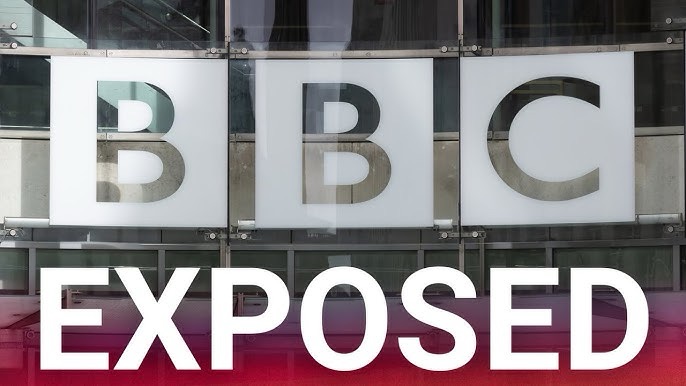In recent months, a troubling trend has emerged among the Ukrainian refugee community in Poland, where feelings of acceptance have been replaced by hostility. Svitlana, a mother of Ukrainian descent living in Poland, recounts a painful experience where her daughter faced verbal abuse at school, with classmates telling her to "go back to Ukraine." This incident is just one example of escalating anti-Ukrainian sentiment that many Ukrainians in Poland are now reporting.
As of recent government statistics, over 2.5 million Ukrainians have relocated to Poland, making up nearly 7% of the nation’s population. Following the onset of the Russian invasion in February 2022, the initial support and compassion shown by Poles transformed significantly as attitudes began to sour, particularly in public spaces and online.
Activist Natalia Panchenko, who heads the Warsaw-based 'Stand with Ukraine' Foundation, observed the evolution of public sentiment. "At first, Poland opened its arms to Ukrainians, providing food, shelter, and support. But now, there's a noticeable rise in anti-Ukrainian rhetoric both online and in everyday interactions," she notes.
The upcoming presidential elections are intensifying societal divisions. A campaign that includes anti-Ukrainian sentiments is promoting a narrative that portrays Ukrainians as ungrateful, further harming their reputations. Polls indicate that public support for Ukrainian refugees has significantly decreased from 81% two years ago to only 50% recently.
Major political players in Poland are reacting to this evolving sentiment. Candidates like Rafal Trzaskowski aim to capture a moderate vote, navigating their pro-Ukrainian stances cautiously while others, like far-right populist Slawomir Mentzen, advocate for anti-Ukrainian measures. This political landscape is exacerbating negativity towards a demographic already fraught with trauma and fear due to ongoing violence in Ukraine.
With rising incidents of bullying and hate-fueled incidents becoming commonplace, the psychological impact on Ukrainian refugees is profound. Many report feeling scared and unwelcome, with some expressing a desire to return to Ukraine despite the perils awaiting them.
Public opinion is being shaped by a barrage of misinformation suggesting that Ukrainians are undermining Polish society. Michal Marek, an NGO director focused on disinformation, highlights the role of social media in propagating false claims that fuel xenophobia.
As Poland's political climate becomes increasingly fractious, the future for Ukrainians residing there looks uncertain, a stark contrast to the open-hearted welcome that characterized early responses to the war. The looming elections pose a significant test for both the political landscape and the personal experiences of millions of Ukrainians who have sought refuge in Poland.





















